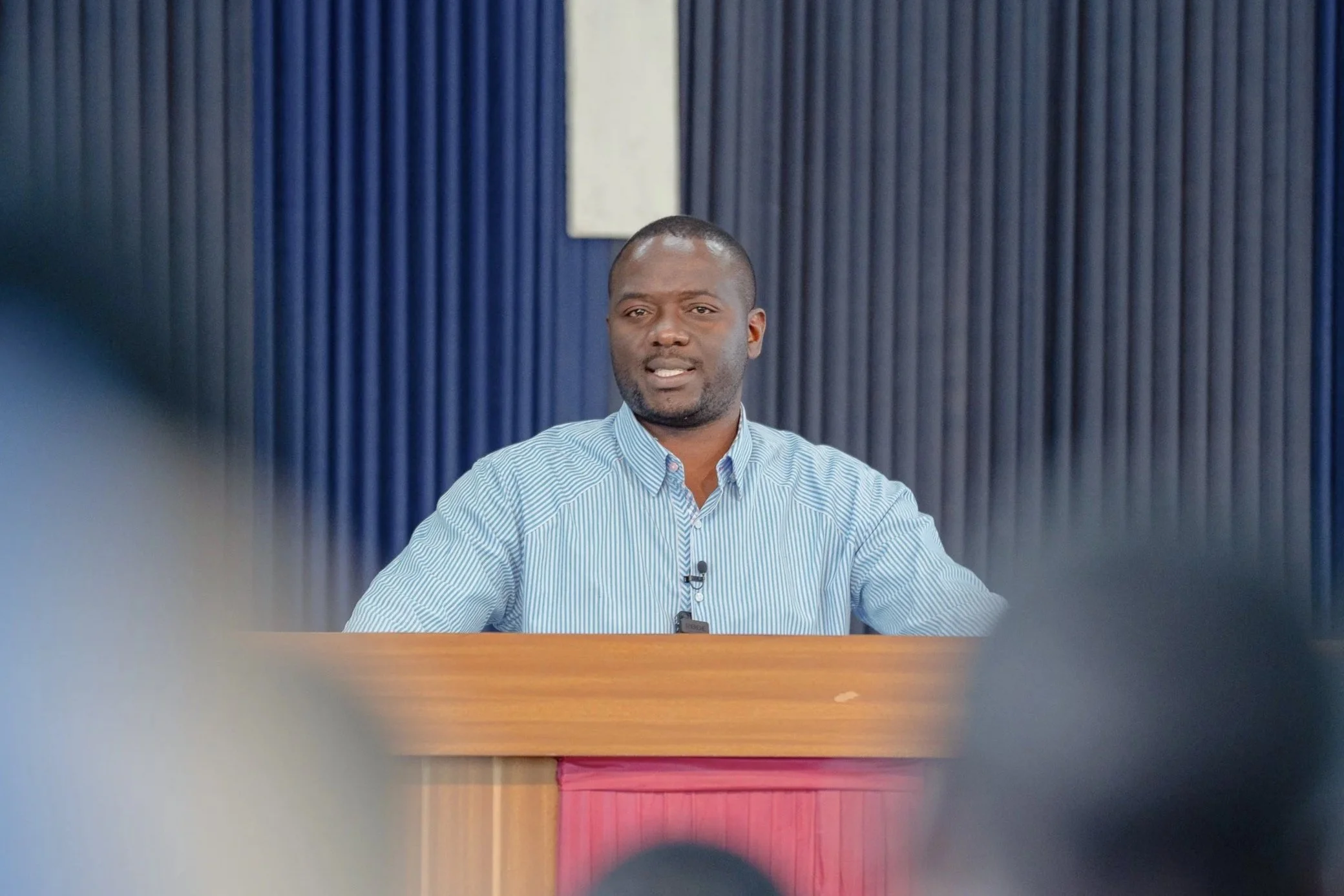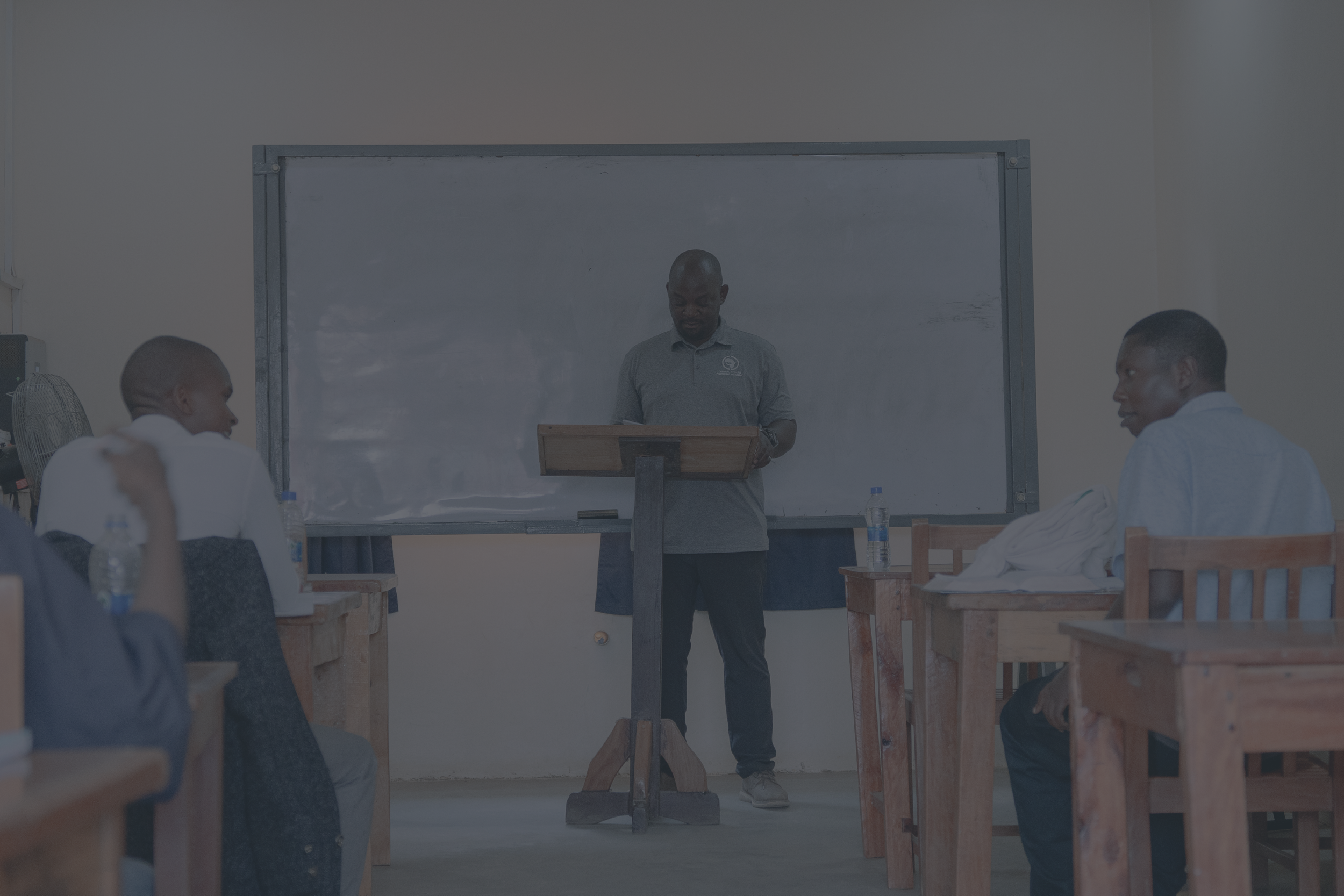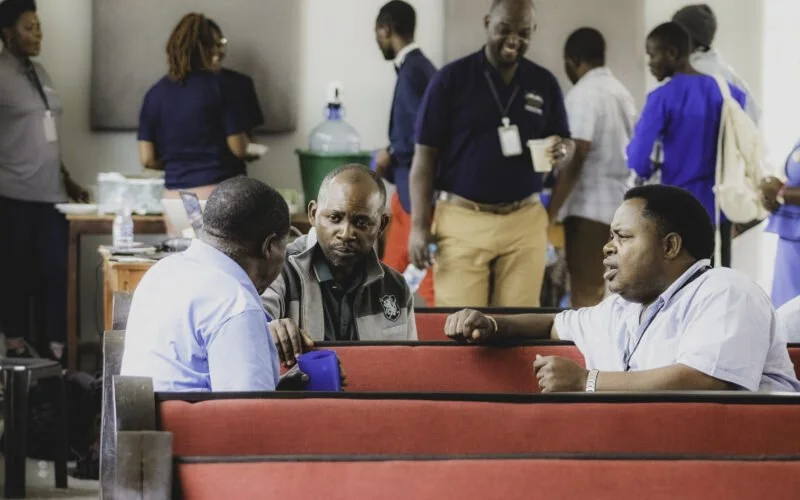Malawi
Central African Preaching Academy
MEMBER SCHOOL
Number of Graduates: 129 | Churches Impacted: 50
To glorify God and strengthen the church by training pastors to study, live out, and teach God's Word.
MISSION
KEY DETAILS ON CENTRAL AFRICAN PREACHING ACADEMY
About
-
We exist to train faithful pastors for gospel-centered, biblical churches.
-
Train pastors in expository preaching and church leadership
Provide foundational equipping for church members
Promote biblical ecclesiology and church leadership
Respond to pervasive prosperity movement with sound theology
Produce biblical resources (including translated texts) for the church in Malawi
-
We use a modular model, meeting two weeks per month for face-to-face instruction, then two weeks of reading and assignments. Each student is part of a mentorship group with one of our faculty pastors. We also have a rural-training program, taking basic level equipping to remote areas to strengthen the church and its leaders. Graduation requires the completion of the academic courses and pastoral affirmation of church membership and strong character.
Training
-
Certificate in Biblical Studies: A two-year foundational introduction to Hermeneutics, Old Testament/New Testament, Theology, and Christian Worldview and Leadership
Theological Studies by Extension (TSE): A three-year program (intensive week every quarter) for members and church leaders.
-
Our school was founded in 2014 by missionaries sent to Malawi from Grace Community Church. Over the past eleven years, there have been 129 men who have graduated from CAPA's various programs, helping them to serve their churches more faithfully.
-
Lord willing, in the next five years, we will have established two new formal programs (Certificate and Bachelors) giving options for lay and pastoral training. We hope to strengthen our network of cohorts in rural areas for basic-level training in Chichewa. We also plan to produce translations of multiple key texts each year in order to better resource the local church in Malawi.
Context
-
Population: 21,763,309 (2024 est.)
Ethnic Groups : Chewa 34.3%, Lomwe 18.8%, Yao 13.2%, Ngoni 10.4%, Tumbuka 9.2%, Sena 3.8%, Mang'anja 3.2%, Tonga 1.8%, Nyanja 1.8%, Nkhonde 1%, other 2.2%, foreign 0.3% (2018 est.)
Languages: English (official), Chewa (dominant), Lambya, Lomwe, Ngoni, Nkhonde, Nyakyusa, Nyanja, Sena, Tonga, Tumbuka, Yao
Note: Chewa and Nyanja are mutually intelligible dialects; Nkhonde and Nyakyusa are mutually intelligible dialects.
Religions : Protestant 33.5% (includes Church of Central Africa Presbyterian 14.2%, Seventh Day Adventist/Baptist 9.4%, Pentecostal 7.6%, Anglican 2.3%), Roman Catholic 17.2%, other Christian 26.6%, Muslim 13.8%, traditionalist 1.1%, other 5.6%, none 2.1% (2018 est.)
Population of Major Urban Areas: Lilongwe (capital) 1.276 million, Blantyre-Limbe 1.031 million (2023)
Refugees and Internally Displaced Persons
Refugees (country of origin): 11,502 (Burundi) (refugees and asylum seekers), 6,594 (Rwanda) (refugees and asylum seekers) (2023); 34,605 (Democratic Republic of the Congo) (refugees and asylum seekers)
Stats from CIA.gov
-
Malawi’s name comes from the Chewa word for flames, originating from the Maravi peoples who first settled the region in 1400. Malawi came into existence as a nation in 1964, after gaining its independence from British colonial rule. Two years later, it was declared a republic under the leadership of Hastings Kamuzu Banda. The country faces difficulties due to increasing pressure on agricultural lands and the prevalence of poverty and corruption. High population growth and HIV/AIDS present major problems for the nation’s economy as well. While Christianity does exist in Malawi, it is mixed with nominalism and the influence of traditional African religions. A strong Muslim presence likewise poses challenges for evangelistic efforts in the country.
Compiled from CIA.gov, Operation World, and Joshua Project
HOW TO PARTNER
Support Central African Preaching Academy
LEARN MORE













